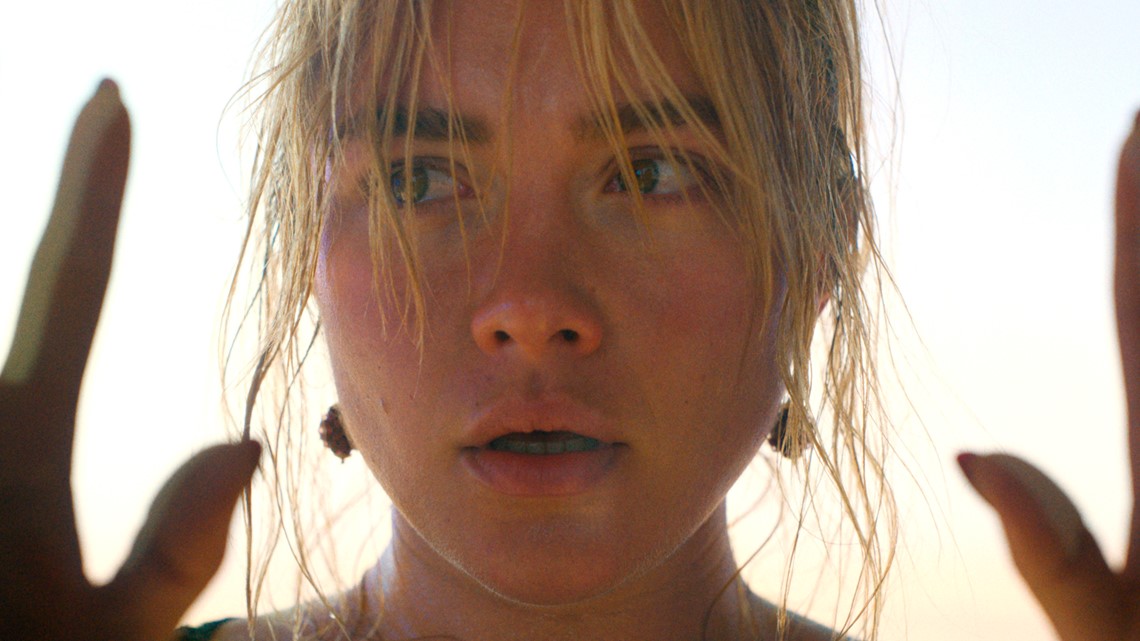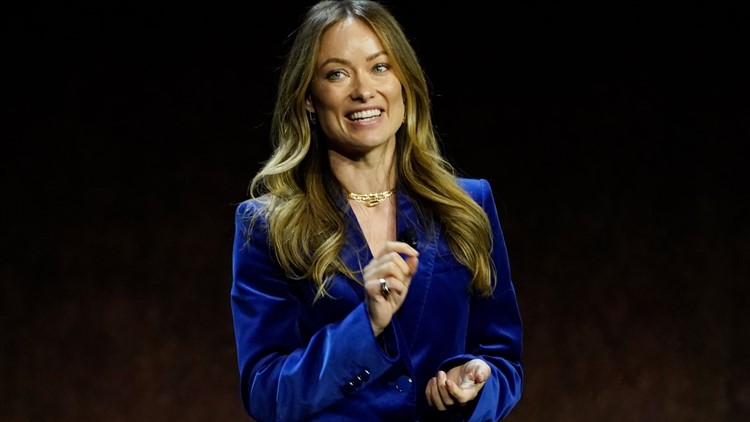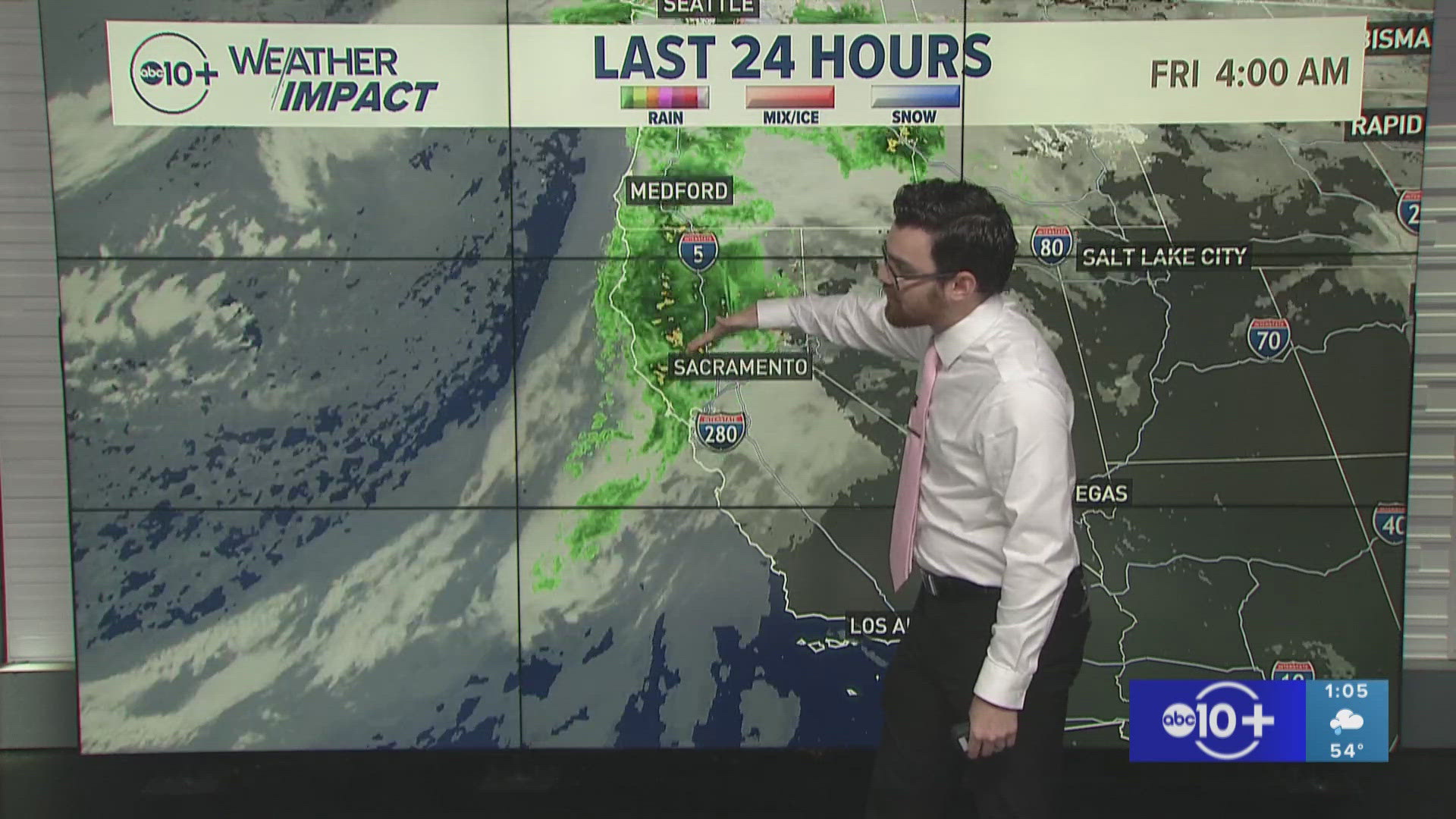NEW YORK — “Don’t Worry Darling” has been in the spotlight since the beginning. And this was long before Harry Styles got involved.
It was a film everyone wanted to make — some 18 studios and streaming services were courting Olivia Wilde for the chance to partner with her on her sophomore feature as a director: A mid-century psychological thriller about a housewife, Alice (Florence Pugh), who starts to question her picture-perfect life and the mysterious company that her husband Jack (Styles) works for.
But it hasn't stopped making headlines in two years, from Shia LaBeouf’s abrupt departure (he was replaced by Styles) to the paparazzi-stoked intrigue around Wilde and Styles’ off-camera relationship. Then there was the bizarre moment earlier this year when Wilde was served custody papers, from ex Jason Sudeikis with whom she shares two children, in the middle of a presentation to thousands of exhibitors in Las Vegas.
Even this past week, LaBeouf, who is heading to court next year on abuse allegations from hi ex, FKA twigs, decided to contest the two-year-old narrative that he’d been fired. He gave the entertainment trade publication Variety emails and texts to prove his case that he quit. It’s resulted in buzz you can’t buy, but also incessant tabloid and TikTok gossip — all for a film that isn’t even out yet.
But soon the conversation will go back to the film itself: “Don’t Worry Darling” will have a glamorous debut at the Venice International Film Festival on Sept. 5 before opening in theaters nationwide on Sept. 23. Besides, Wilde doesn’t care what gets people into the theater — as long as they go.
Q&A with Olivia Wilde
Wilde spoke to The Associated Press recently about her vision, her disagreement with the ratings board and why Alice is the heroine we need right now. Remarks have been edited for clarity and brevity.
AP: What were some of the big ideas you wanted to explore?
WILDE: I wanted to make what (screenwriter) Katie (Silberman) and I always describe as a Trojan Horse movie: Something that on the outside is beautiful and entertaining but once you crawl inside, it is actually much more complex and potentially really interesting and challenging. I also just really understood that this would be an opportunity for an actress to really flex. It was a heroine I wanted to see on screen. I wanted to create a character with an actress that would represent the kind of woman that I feel like our society needs.
AP: You had originally intended to play the part of Alice. Were you glad about that decision to step back and take a supporting role?
WILDE: Oh yeah. There’s no part of me that would want it any other way. I think what Florence did with this role is singularly brilliant. This character is a heroine for the ages. And she, as an actress, is this rare combination of dramatically skillful, comedically brilliant and an action hero who can run like Tom Cruise. Like what actress can do stunts and pull off these incredible emotional acrobatics and do it so effortlessly in an accent that’s not even theirs? Like, come on. It’s like juggling upside down on the wing of an airplane.


AP: You’ve spoken about some of your stylistic influences, from the photography of Slim Aarons to the erotic thrillers of Adrian Lyne. What were some other touchstones?
WILDE: I am a big fan of the iconography of the 1950s and a lot of the art, architecture, cars, music. This was an opportunity to just really play in that world. The architectural influence of (Richard) Neutra is all over the film.(Cinematographer) Matty Libatique and I were really inspired by Alex Prager and her photography and the idea of creating anxiety through framing and this artificial world that would be incredibly alluring until you look very closely.
And I always make endless playlists and watch lists and reading lists. It was a really funny assortment of material. People were like, what is this movie? You want me to watch “Requiem for a Dream” and “The Truman Show” and “Gentlemen Prefer Blondes,” and you want me to read “The Feminine Mystique,” but also Jordan Peterson?
AP: “Booksmart” dealt with female sexuality in a very frank way and “Don’t Worry Darling” is already provoking conversations around some of the sex acts shown in the trailer. Was that a fight to even include that?
WILDE: Oh, yeah. There’s a lot that had to be taken out of the trailer. The MPA came down hard on me and the trailer at the last second and I had to cut some shots, which I was upset about because I thought they it took it up another notch. But of course we still live in a really puritanical society. I do think the lack of eroticism in American film is kind of new. Then when it comes to female pleasure, it's something that we just don’t see very often unless you’re talking about queer cinema. You know, it’s interesting because in a lot of queer films, the female characters are allowed to have more pleasure. Audiences aren’t as puritanical as corporations think they are. And yet people get upset. I mean, people are upset with me already over this. I think it’s a testament to the film. We want to be provocative. The idea is not to make you feel safe.
AP: This is also a film that has had a spotlight on it from the beginning, resulting in both buzz and gossip. What has that been like for you as a filmmaker?
WILDE: Every filmmaker longs for people to see their film. That’s all you want is for people to see it. If people are excited about a film, for whatever reason, what you hope is that it gets them in the door. Whether you are a 1950s car fanatic and that’s what’s going to get you into this movie, or if you are simply going because you’re a fan of our incredible cast, all I care about is that you have the chance to see it, and I hope that people then have the instinct to share it. What I really hope is that people see it again. I think that it’s a real second watch film. There’s a lot of Easter eggs in there.



